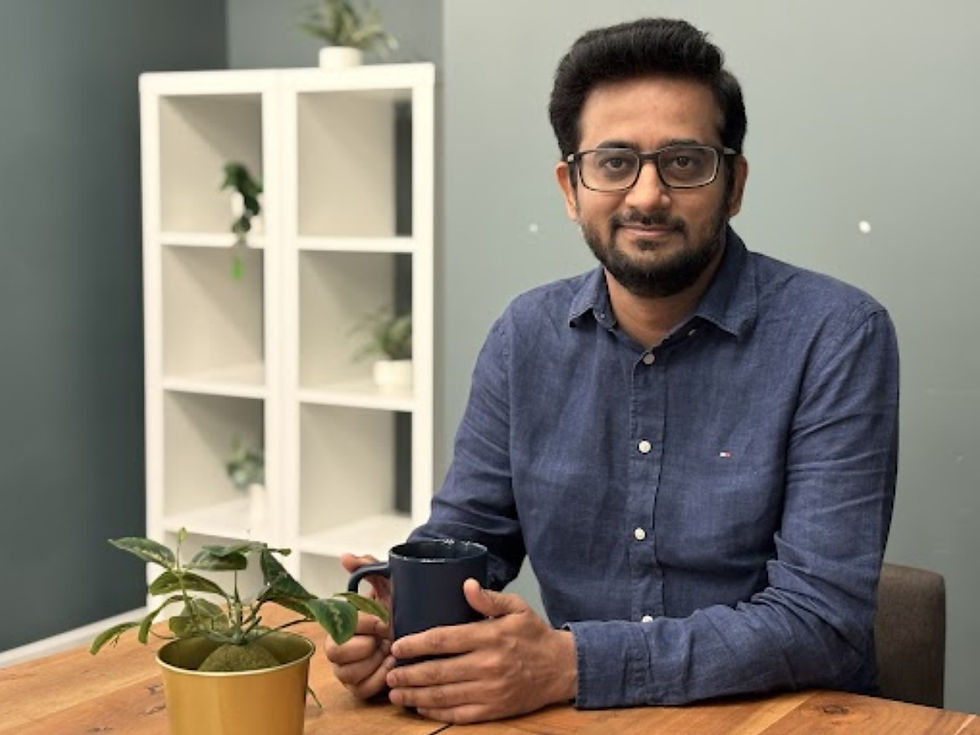Reflections from the AWEA Offshore WINDPOWER 2020 Virtual Summit
- Karp Strategies
- Oct 19, 2020
- 3 min read

From October 13-14, Karp Strategies’ Analyst Cheryl Lim and Graduate Analyst Stephanie Silva attended the American Wind Energy Association’s (AWEA) Offshore Windpower Virtual Summit. Rebecca Karp, Managing Principal and CEO of the firm, was a panelist for a session titled “Meaningful Community Engagement in the Time of COVID” with fellow co-panelists Kris Ohleth from Ørsted and Hannah-Marie P. Garcia from the University of Delaware, and moderated by Beth Treseder from Equinor Wind. Throughout the two day event, Rebecca, Cheryl, and Stephanie joined over 1,000 renewable energy professionals, government officials, thought leaders, and students to participate in a variety of panel discussions focused on understanding and talking about the critical role of offshore wind in the post-pandemic economic recovery.
Offshore wind presents a unique opportunity to address climate change head-on by bringing a much needed scalable renewable energy source to the market and by leveraging tremendous private and public investments to generate job opportunities and community economic development. America has been hard-hit by the effects of COVID-19, leaving communities reeling in the midst of economic turmoil. Despite the pandemic slowing or halting other projects altogether, offshore wind as an industry has continued to forge forward with momentum expected to continue and critically aid the recovery of the U.S. economy.
Multiple east coast states have, at an increasing pace, utilized the procurement of Power Purchase Agreements (PPA) and Offshore Renewable Energy Certificates (OREC), long-term electricity and wind energy contracts, to purchase energy in volumes and prices that meet consumer needs and which drive supply chain, workforce, and port development. States and developers have started engaging stakeholders to share introductory information on offshore wind, answer questions, and address concerns.
Throughout the conference, panelists shared their positive sentiments and outlook for workforce development within the offshore wind industry, including new jobs and the necessary related apprenticeships, training, and education. A key theme to the successful development of the workforce pipeline was centered around industry cooperation in all sectors - public, private, and non-profit. There are currently many workforce initiatives underway and regional collaboration will be integral to truly meet the workforce needs across the Northeast. A challenge identified by panelists for workforce development related to managing the expectations and understanding between industry and training/education organizations. Building an offshore wind farm will require mechanics, electricians, professionals from the oil and gas industry, workers from another renewable energy field, and more. Although transferable skills from these trades exist, the facilities and employee base may have decreased in size, and efforts to build these back up is needed. In the development of career pathways for OSW-adjacent professions, establishing standards beyond Global Wind Organisation (GWO) for on-site workers will be important. For example, such a standard would be commercial fishermen looking to use their vessels during the fishing off-season to assist developers. These trainings would allow for the fishermen to prepare for the transition smoothly.
Panelists also spoke about their dedication and commitment to meeting local stakeholders impacted by these developments with great fervor. Chris Hart, President and Managing Director of Atlantic Shores detailed Atlantic Shores’ commitment to hiring locally, citing locally-hired fishery and community liaisons, and building innovative partnerships with local institutions.
Stakeholder engagement is seen as a pivotal element to the success and failure of a project. Panelists highlighted the importance of looking beyond dialogue and moving beyond transactional interactions. Hannah-Marie Garcia from the University of Delaware spoke of her research into ways to develop co-management roles with tribal communities. Kris Ohleth from Ørsted spoke of building trust in the communities through deep, early embedded engagement. Rebecca Karp of Karp Strategies emphasized creating engagement opportunities during COVID not just over Zoom, but relying on tried and tested traditional methods like maintaining a relationship with members over the phone or in-person as needed. Throughout the conference, the importance of engaging communities early, often, and understanding local needs was an ever-present theme.
As we continue our work in offshore wind, renewable energy, and resiliency, we are grateful to participate in events to share and learn together. We would like to thank AWEA for hosting this virtual summit, and we look forward to attending again in 2021.
Interested in getting in touch with us about offshore wind? Contact Jen Becker, Practice Lead at Jen@karpstrategies.com.
Follow us on LinkedIn and sign up for the Karp Strategies newsletter.




Comments